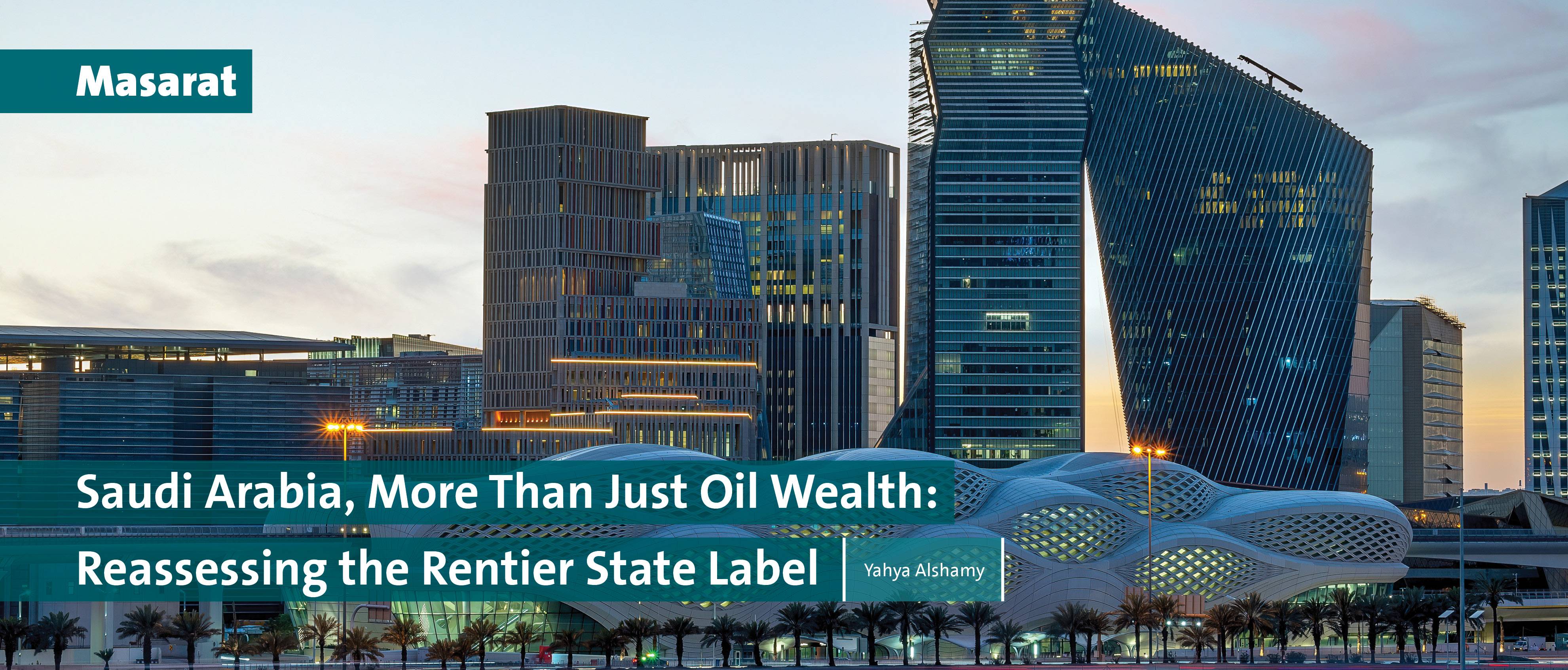Saudi Arabia, More Than Just Oil Rents: Reassessing the Rentier State Label
Traditionally, Saudi Arabia has been characterized as a quintessential rentier state, reliant on natural resource rents to sustain its economy, fund its welfare system, and maintain political stability. Previous rentier state literature studying the Gulf has emphasized Saudi Arabia’s dependence on oil income, which allowed it to function with minimal taxation and limited economic diversification. However, since the launch of Vision 2030 in 2016, Saudi Arabia has embarked on a large-scale governmental program of reform aimed at diversifying its economy, reducing dependence on oil, promoting private sector growth and foreign investment, and restructuring the labor force, among other things. This paper seeks to reassess the classification of Saudi Arabia as a rentier state in light of the substantial socio-economic transformations initiated under Vision 2030. It reviews the foundational concepts of rentier state theory, examines key studies that have applied this framework to Saudi Arabia, and evaluates recent developments within the country. By analyzing the ongoing reforms, the paper explores whether these shifts signify a departure from the rentier state model and, if so, to what extent.

